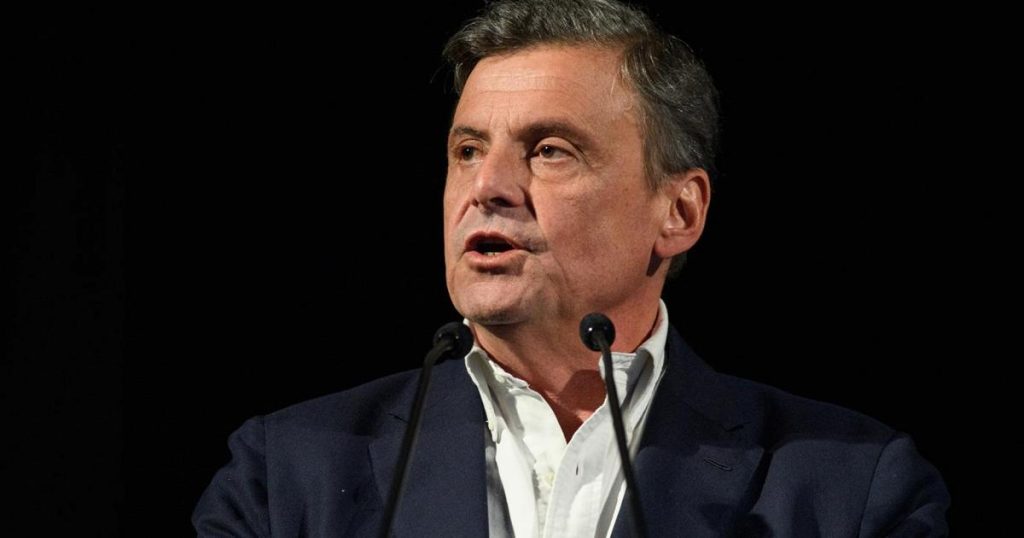The announcement by Carlo Calenda, leader of the Azione party, that he and Elena Bonetti will be running together in all constituencies in response to Giorgia Meloni’s anti-European and sovereignist platform has completely changed the political landscape. Calenda stresses the importance of opposing the idea of a “small Italy in a small Europe” and calls for a strong response to this anti-European challenge. Despite previously calling on all political leaders to agree not to run in the European elections, Calenda believes the current situation requires a more direct approach.
Calenda highlights that other political figures, such as Schlein and Tajani, have already chosen to run directly in the elections, but the entry of the Prime Minister and her anti-European stance has altered the situation significantly. In response, Calenda believes it is crucial to strengthen the team of high-quality candidates they have put together in recent weeks, with a clear program and the obligation for all candidates to join the Renew group. He emphasizes the importance of showing their European identity on June 8th and 9th through their actions and policies.
The decision to accept the challenge and run for the European elections demonstrates a commitment by Calenda and Bonetti to actively engage with the political situation and oppose what they see as a dangerous trend towards nationalism and anti-European sentiments. By forming a united front against Meloni’s platform, they aim to present a clear alternative that prioritizes European unity and cooperation. Through their candidacy, Calenda and Bonetti seek to demonstrate their dedication to the European project and their willingness to defend it against those who seek to undermine it.
The emphasis on the quality of the candidates chosen by the Azione party underlines the importance of having a strong and cohesive team that is committed to the goals of the Renew group. By ensuring that all candidates adhere to this group, Calenda aims to create a united front that can effectively counter the anti-European rhetoric that has been gaining traction in Italian politics. He believes that by demonstrating their European values and solidarity, they can send a powerful message to voters and help shape the future direction of the country within the European Union.
The upcoming European elections are seen as a crucial opportunity to reaffirm Italy’s commitment to the European project and to counter the rise of nationalist and anti-European sentiments. Through their decision to run for office, Calenda and Bonetti are taking a stand against what they see as a dangerous shift towards isolationism and protectionism. By presenting a clear and united front that prioritizes European values and cooperation, they hope to mobilize support for their vision of a strong and united Europe that can address the challenges of the future effectively.
In conclusion, Carlo Calenda’s announcement to run in the European elections, in response to Giorgia Meloni’s anti-European platform, highlights the growing importance of defending European values and unity in Italian politics. By forming a united front with Elena Bonetti and presenting a clear alternative to the divisive rhetoric of nationalism, Calenda aims to strengthen the position of those who believe in the power of European cooperation. The upcoming elections will be a crucial test of Italy’s commitment to the European project and will shape the country’s future role within the Union.















